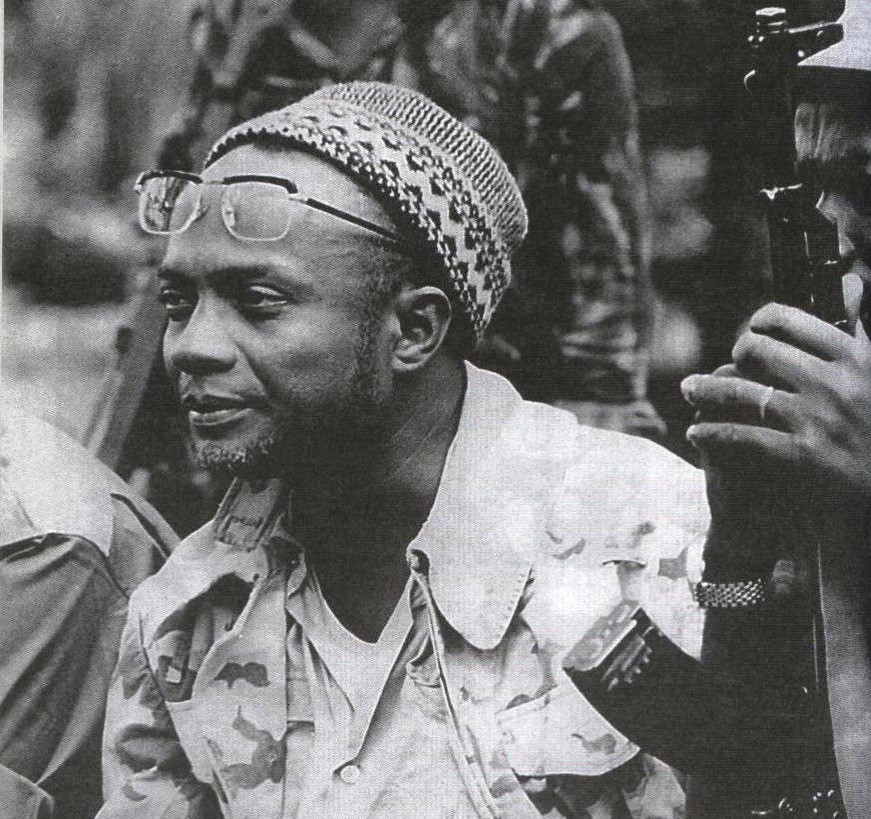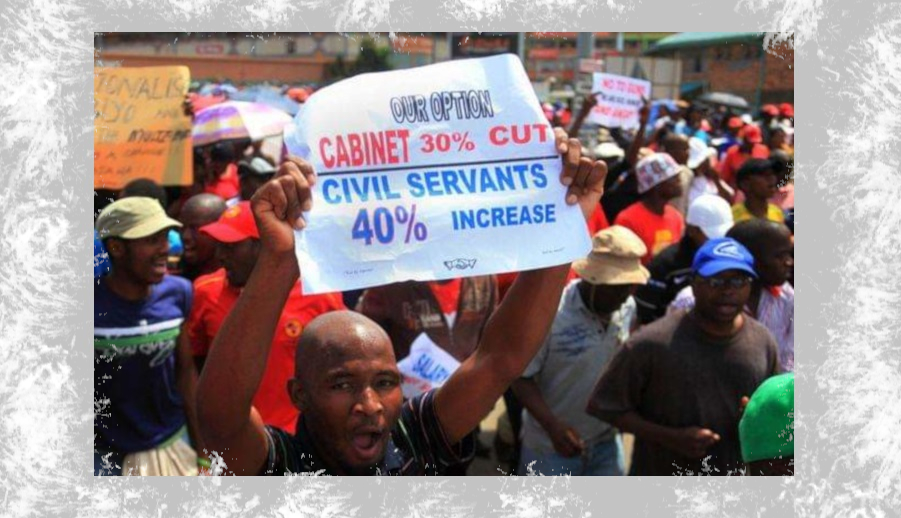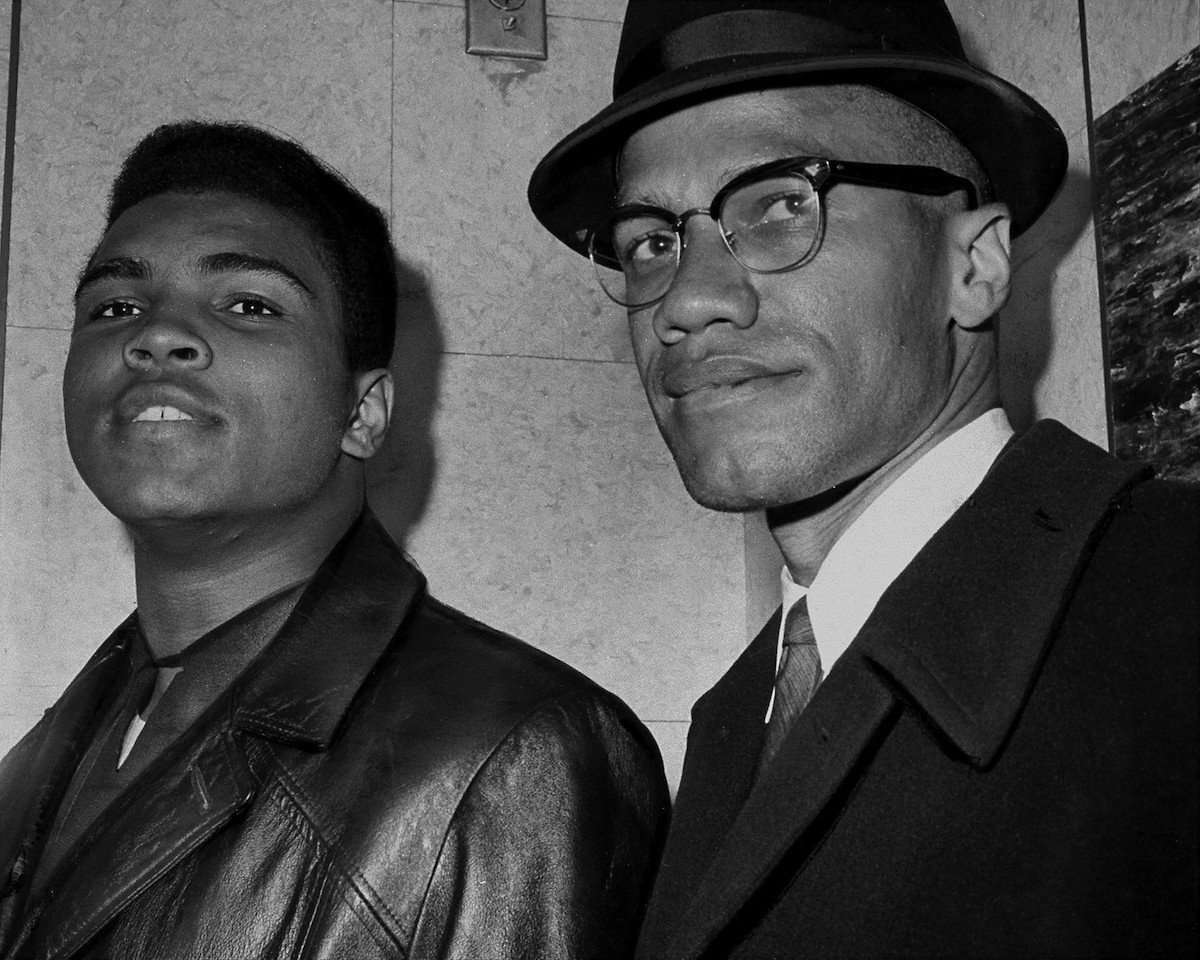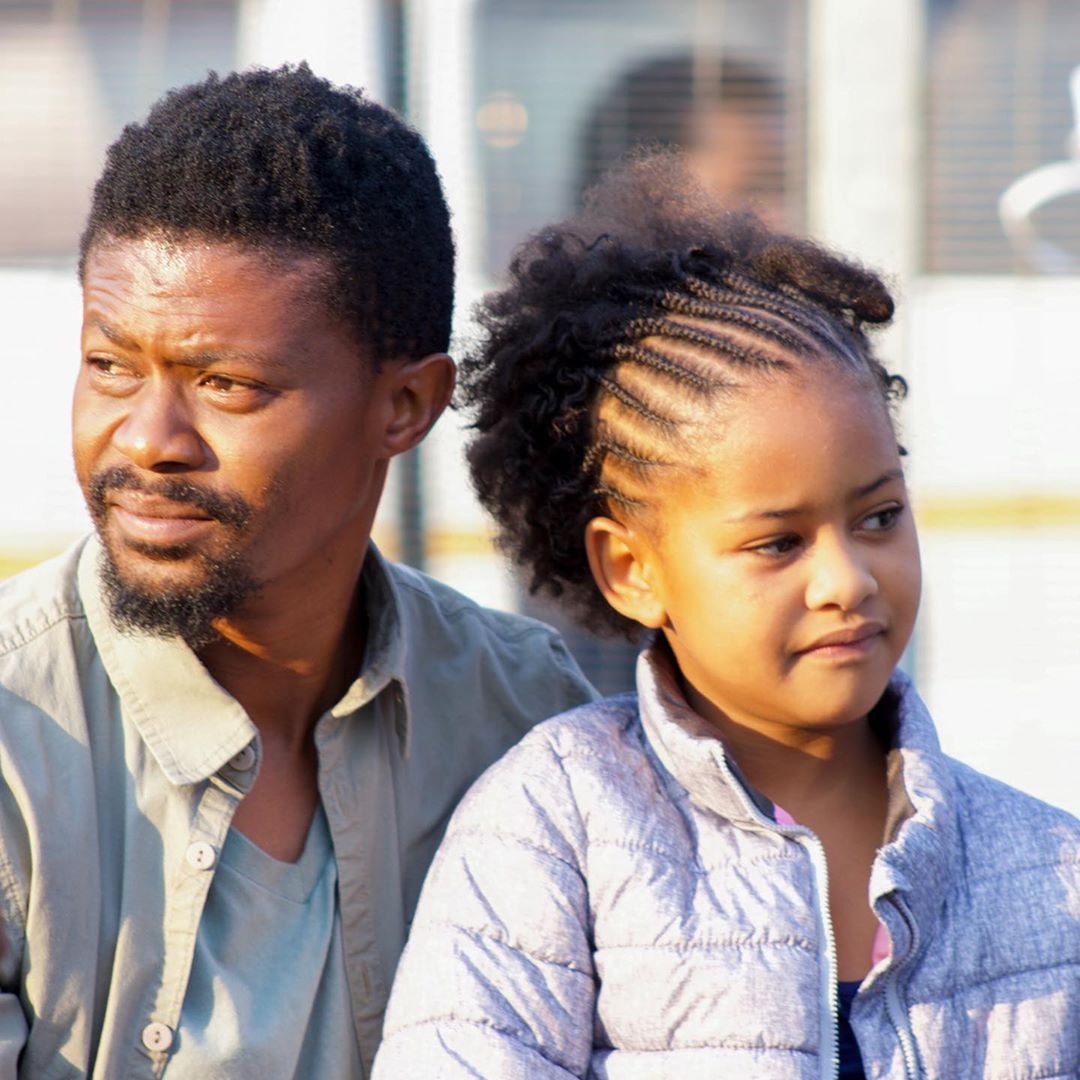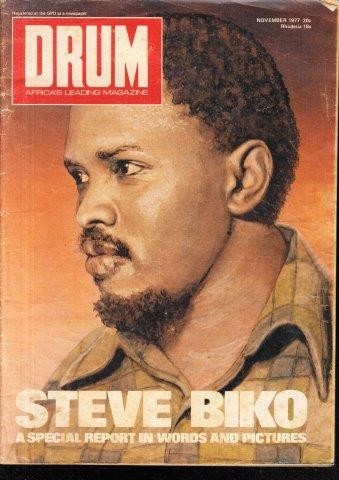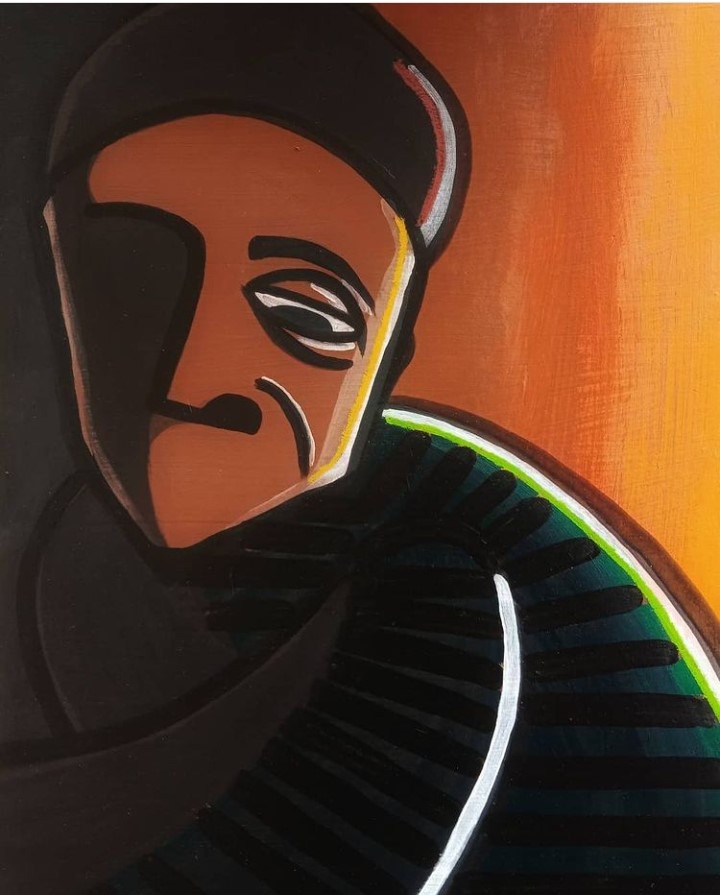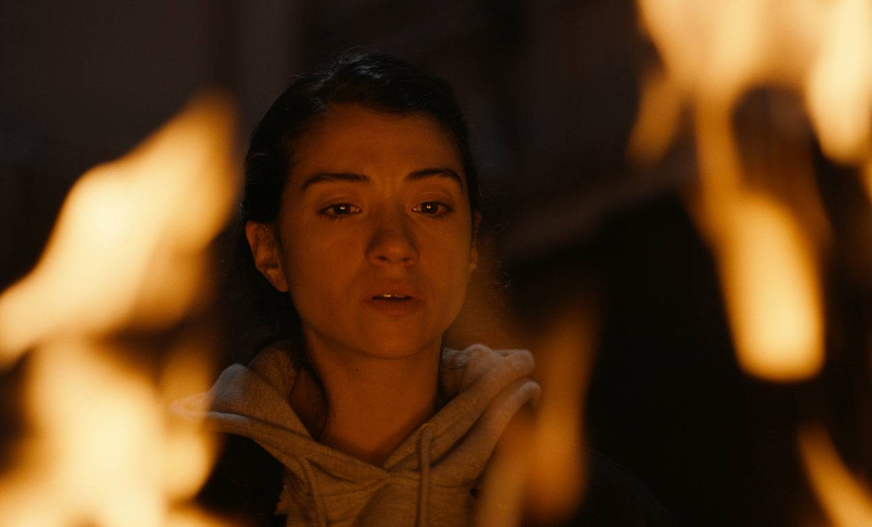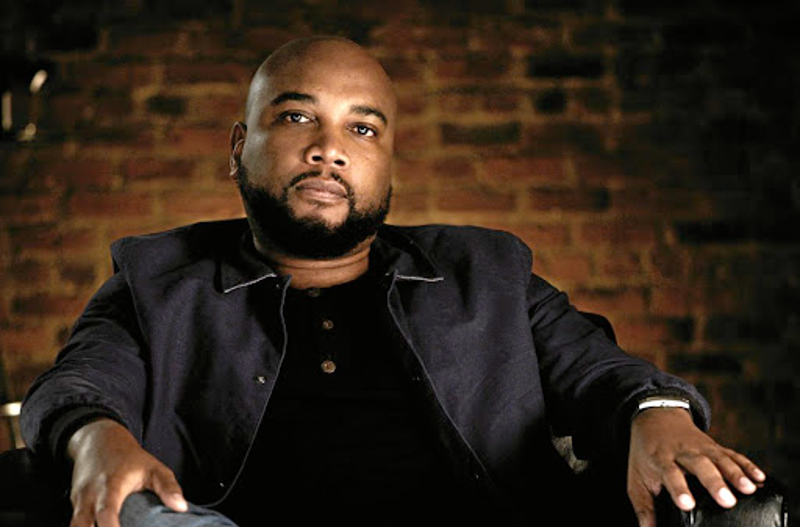“Africa and the world are yet to recover from Sankara’s assassination. Just as we have yet to recover from the loss of Patrice Lumumba, Kwame Nkrumah, Eduardo Mondlane, Amílcar Cabral, Steve Biko, Samora Machel, and most recently John Garang, to name only a few. While malevolent forces have not used the same methods to eliminate each of these great Pan-Africanists, they have been guided by the same motive: to keep Africa in chains.” — Antonio de Figueiredo, February 2008.
“Always remember that the people are not fighting for ideas, nor for what is in men’s minds. The people fight and accept the sacrifices demanded by the struggle in order to gain material advantages, to live better and in peace, to benefit from progress, and for the better future of their children. National liberation, the struggle against colonialism, the construction of peace, progress and independence are hollow words devoid of any significance unless they can be translated into a real improvement of living conditions.” - Amílcar Cabral, Return To The Source: Selected Speeches Of Amilcar Cabral.
12 September this year marked the 96th anniversary of the birth of an outstanding revolutionary and gallant Afrikan Warrior, Amilcar lopes da costa Cabral.
Cabral was born on 12 September,1924, in Balata, Guinea Bissau. He was a master strategist, organiser, theoretician and military general of the highest calibre.
Cabral inspired his people to rise up and confront Portuguese invasion, rape, murder and theft against Afrikans. He was the leader of the revolutionary movement, the African Party for the Independence of Guinea and Cape Verde (PAIGC).
One of his greatest contributions is in the area of revolutionary theory. In this regard, one of his seminal works include the classic, 'The Weapon of Theory'.
Like Patrice Lumumba, Samora Machel, Eduardo Mondlane, Thomas Sankara and John Garang, Cabral was assassinated through a conspiracy.
On 20 January ,1973 a traitor of our race, a Portuguese agent and PAIGC naval commander, Inocencio Kani, together with another PAIGC member, cornered Cabral and then shot and killed him.
At the time of his assassination, he was 48 years old. Cabral’s life and revolutionary practice presents those involved in the Black liberation project today, with invaluable lessons.
Even in death, Cabral continues to inspire Black radical movements and in particular young Black revolutionaries-across the world.

